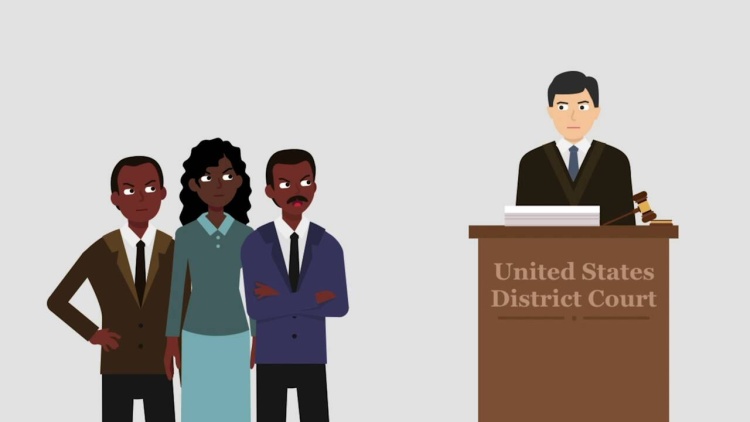City of Mobile v. Bolden
United States Supreme Court
446 U.S. 55, 100 S. Ct. 1490, 64 L. Ed. 2D 47 (1980)
- Written by Jamie Milne, JD
Facts
The City of Mobile, Alabama (defendant) was governed by a city commission consisting of three members who jointly exercised all legislative, executive, and administrative powers in the municipality. As required by state law, candidates for the city commission ran for election for four-year terms. Selection of the commission’s members was by a vote of the city at large, with a majority vote necessary to secure a position. The practical result of the at-large voting scheme was that it was more difficult for minorities to elect commissioners representing their interests. No Black citizens had ever been elected to Mobile’s city commission. Wiley Bolden (plaintiff) filed a class-action suit against Mobile and its commissioners (defendants) on behalf of all Mobile’s Black citizens. Bolden alleged that Mobile’s electoral system violated the Fourteenth and Fifteenth Amendments to the United States Constitution. The district court held for Bolden, finding Mobile’s process unconstitutional. The court of appeals affirmed, and Mobile appealed to the United States Supreme Court.
Rule of Law
Issue
Holding and Reasoning (Stewart, J.)
Concurrence (Blackmun, J.)
Concurrence (Stevens, J.)
Dissent (Brennan, J.)
Dissent (Marshall, J.)
Dissent (White, J.)
What to do next…
Here's why 904,000 law students have relied on our case briefs:
- Written by law professors and practitioners, not other law students. 47,100 briefs, keyed to 995 casebooks. Top-notch customer support.
- The right amount of information, includes the facts, issues, rule of law, holding and reasoning, and any concurrences and dissents.
- Access in your classes, works on your mobile and tablet. Massive library of related video lessons and high quality multiple-choice questions.
- Easy to use, uniform format for every case brief. Written in plain English, not in legalese. Our briefs summarize and simplify; they don’t just repeat the court’s language.





